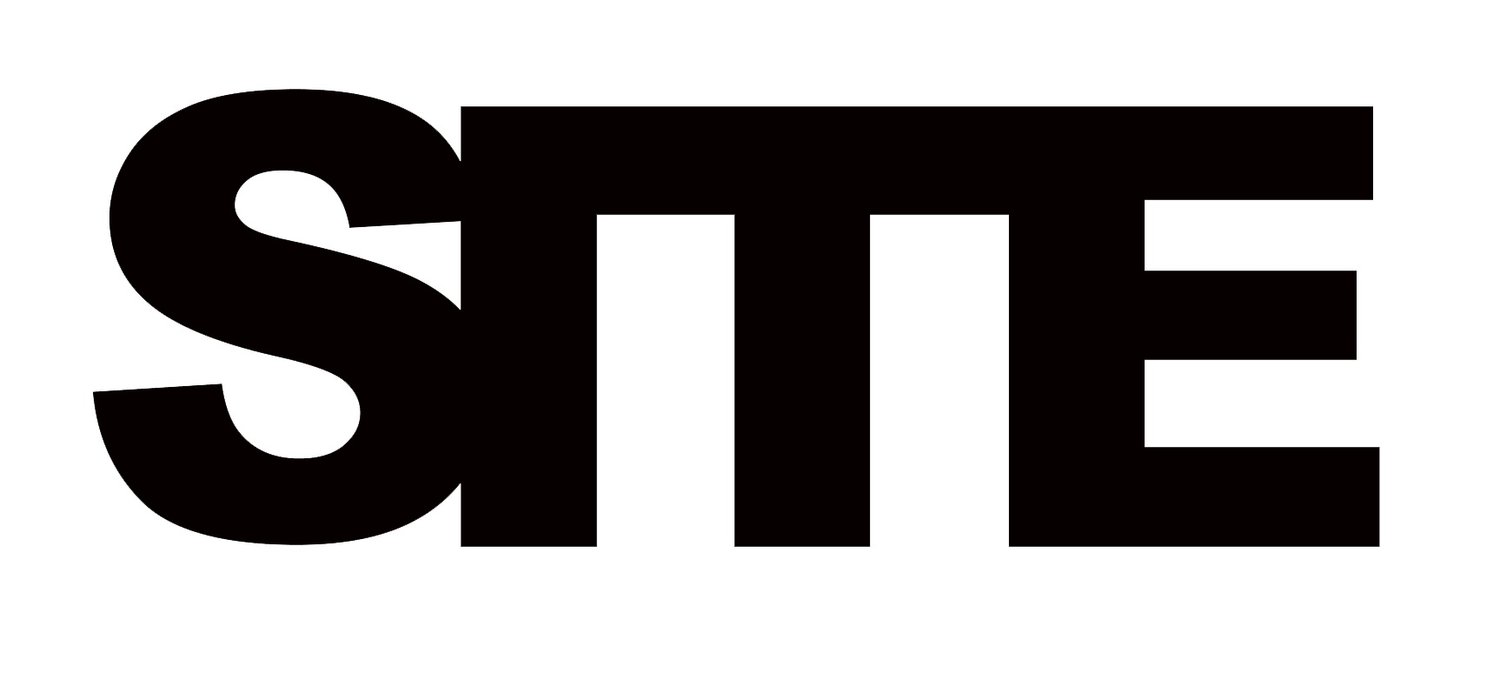Arabic Film Agenda: Pain, Struggle, Uncertainty
By Elena Rubashevska
Why do we watch films? I think we’ll all agree, at least within the European context, that the purpose of the movie industry to entertain has long been put aside by the educative, communicative, and even political ones. With more and more absurd conflicts piling up, we strive to keep sane and find the means to stay connected. In modern circumstances, watching a good film becomes an injection of fresh air in the stifling atmosphere of doom-scrolling; it is a necessity to keep faith in humanistic values; it is a precious confirmation of the fact that no matter where we are coming from, we share same pains, struggles, and hopes. And in a cinematic choir, Arab cinema has one of the most authentic voices.
For a few years in a row, the Arab Cinema Centre has organized a wonderful initiative: The Critics Awards for Arab Films, with the annual award ceremony taking place during the Cannes Film Festival. Thus, for us voters (around 150 film critics worldwide), every spring is marked by an exciting moment of receiving screeners for about 30 latest productions from the Arab world: some of them already acclaimed by the leading film festivals, some being hidden jewels waiting to be discovered. Without doubt, this year’s selection was the strongest since the start of the initiative. One of the most curious facts about it was that fiction films were even higher in quality than documentaries, and that is something that is rarely the case today.
What are Arab directors concerned with today?
What goes under unifying notion of “Arab” reveals the abundance of geographical, religious, and cultural richness. From behind the scenes of the prosperous Saudi exterior to the collision of the beliefs in Sudan, from the Egyptian feminist initiatives to the masculine Moroccan backyards, from Tunisian ethnography to the Jordanian agenda, all of this is the Arab world. Ever so often the fates of Arabs got intertwined with those of Europeans. Some of the heroes successfully built a new life in Europe (like actress Hiam Abbass, originally from Palestine; her story is told in Bye Bye Tiberias by Lina Soualem), and some are only dreaming of escaping (like the young protagonist of Sea Salt by Leila Basma). At the same time, a few stories show us how those who made it to the dreamland of the European Union feel trapped, unequal, and separated from the roots that gave them meaning. The topic of integration is a pressing question. Sooner or later, we will have to find an answer: Arabs and Europeans jointly.
Little people, big problems
Throughout the films, there is no tendency to go for so-called “helicopter capacity” (to try and overlook the situation from above, dig deeper to the very root of the problem); in literally each but one film the main characters are the representatives of an average “little” human being: child, parent, spouse, refugee. Being insignificant on a global scale, they desperately try to keep up with the daily battles, and that’s how far their ambitions go. The vortex of the problems that are impossible to overcome sucks them in: heartless bureaucracy, gender stereotypes, religious conventions, poverty, and wars. In such a setting, a new type of hero emerges: he who will not win the fight for life but will die trying. The world doesn’t yet know the solution to the sociopolitical crisis. In the same way, Arabic characters often head for the unknown, with the past destroyed and the future uncertain. The only film that contradicts that would be the one telling a story from the last century, the Egyptian epic adventure film Kira&El Gin by Marwan Hamed. This story is truly coming not only from a different age, but from a different world where the power of will and bravery were still enough to set the political machine in motion for the common good, and comradery was still an action, not just word.
The nerve of the age
Earlier this year, I got the chance to serve on the Göteborg Film Festival jury for the Nordic films. We watched a selection of the recent regional productions that were claimed to be “the strongest of the last years.”. Except for a couple of movies (depicting stories from the past), I find it hard to remember what the films were about. Were they bad technically? By no means. The problem was, there was no nerve connected to the present. The characters were often put in circumstances based on artificial conflicts. Lost in meaningless conversations, they seemed bleak and shallow, if not simply ignorant or even ridiculous with their far-fetched problems. The very idea that stories in Nordic films and those in Arabic ones are set in the same time, often in the same countries, seems difficult to fathom! While one of the wealthiest and happiest parts of the world struggles to find a real problem, the protagonist of Life is Beautiful, a filmmaker from Gaza Mohamed Jabaly, has his life on hold while the Norwegian government declines his application for permission to stay and work in Tromsø. The same threat, this time in France, hangs over the protagonist of Six Feet Over. Not to be deported to Algeria, the young frivolous guy is forced to take a job at the funeral agency and face the side of life we all desperately try to avoid. In Geology of Separation by Yosr Gasmi and Mauro Mazzocchi, African migrants who survived a perilous voyage to Italy are being dragged into political and media trials to which we are but powerless spectators. Uncertainty is one of the most excruciating states for the human mind, yet we will be given no answers – just as so many refugees numbly waiting for their fates to be announced.
Same but separated
As a Ukrainian refugee, I can easily relate to the problems risen in Arabic films. The war, disastrous consequences of revolutions, corruption, nepotism, economic crisis, family separations and struggle for integration permeate our respective realities, which (so it seems) never intertwine. Reduced to cogs in a global machinery, we try to stop our small worlds from falling apart: if I cannot save my country, I will try to save my family; if I cannot save my family, I will save myself; if I cannot save myself, then... ? When it comes to survivalism, you often find yourself ultimately lonely. When you feel you cannot be the master of your own fate and learn to play the cards you’ve been dealt, you are bound to turn rigid and tough. You tend to forget about sympathy when the problems overshadow your life and the lives of your loved ones. “It’s me or you,” says the brutal law of the primitive rivalry for life. That’s where I see the therapeutic power of cinema. Stories on screen bring us together, give us a reason to talk and share, and reveal that despite cultural differences we are actually the same. The European Union has become a meeting place for those running from pain, yet we all keep existing in our individual bubbles. Can cinema be a bridge that will unite us to make us stronger together? For me, the answer is yes.
What is not to be missed? Top 5 Arab Films to watch this year
The Key by Rakan Mayasi
A short fantasy horror that masterfully uses genre conventions to convey the haunting pain of Palestinian exiles without homes. Indirectly, it raises the question of responsibility in a society that perpetrates the crime: even though the crime itself might be carried out by a handful of people, while the rest observe in silence, eventually, each and every person from the nation bears the subconscious burden of collective responsibility.
The Key, Rakan Mayasi
Six Feet Over by Karim Bensalah
A dramatic fiction tells the story of a young son of a former Algerian diplomat in France on the verge of being deported from the country. Desperate, he’s forced to take a job at the Muslim funeral agency. Does he define himself as a Muslim though? Wandering from bar to bar, the boy develops more and more fake stories, trying on masks of different identities: he’s French, he’s American, he’s Italian, he’s Venezuelan. The nature of grief that he’s facing at his new job will make him rediscover his roots and make peace with the expanding identity crises.
Six pieds sur terre/ Six Feet Over, Karim Bensalah
Donga by Muhannad Lamin
This documentary takes us down the memory lane of the filmmaker going through the turmoil of the Libyan political struggle. From the hopeful revolutionary heat to the destroyed country, from the union for the sake of a better future to the division in a society torn by continuous war, we follow the story of a documentarist whose bitter experience made him reassess his beliefs. “War is the loss for the winners, too,” he concludes poignantly, warning those watching from hasty actions.
Sudu Trailer - Donga by Muhannad Lamin
Inshallah a Boy by Amjad Al Rasheed
Over the recent years, we’ve observed a plethora of strong female characters in Arab films. Their power becomes all the more significant seeing that they are still fighting for basic human rights that we for long have taken for granted in Western Europe. But where giving birth to a girl is still seen as a God’s disgrace, being a mother requires all the courage in the world. The protagonist of Inshallah a Boy shows amazing stamina and determination fighting against a condemning society. However inspiring, her example reminds us that this story is still a reality for thousands of women around the globe.
Inshallah a Boy, Amjad Al Rasheed
Goodbye Julia by Mohamed Kordofani
Triumphantly received at the Cannes Film Festival, this dramatic film continued a successful journey around the world. What was it that spoke to the audience in Europe, Africa, and America alike? In this story, the authors managed to cross the line of “black and white” dualistic dramaturgical conventions, showing the world and human relationships in their controversial complexity, where there are no good and bad choices but always a space for humanism – which, nevertheless, fails in face of a looming politics.
Goodbye Julia, Mohamed Korodofani
Elena Rubashevska is a journalist and film festival programmer.

